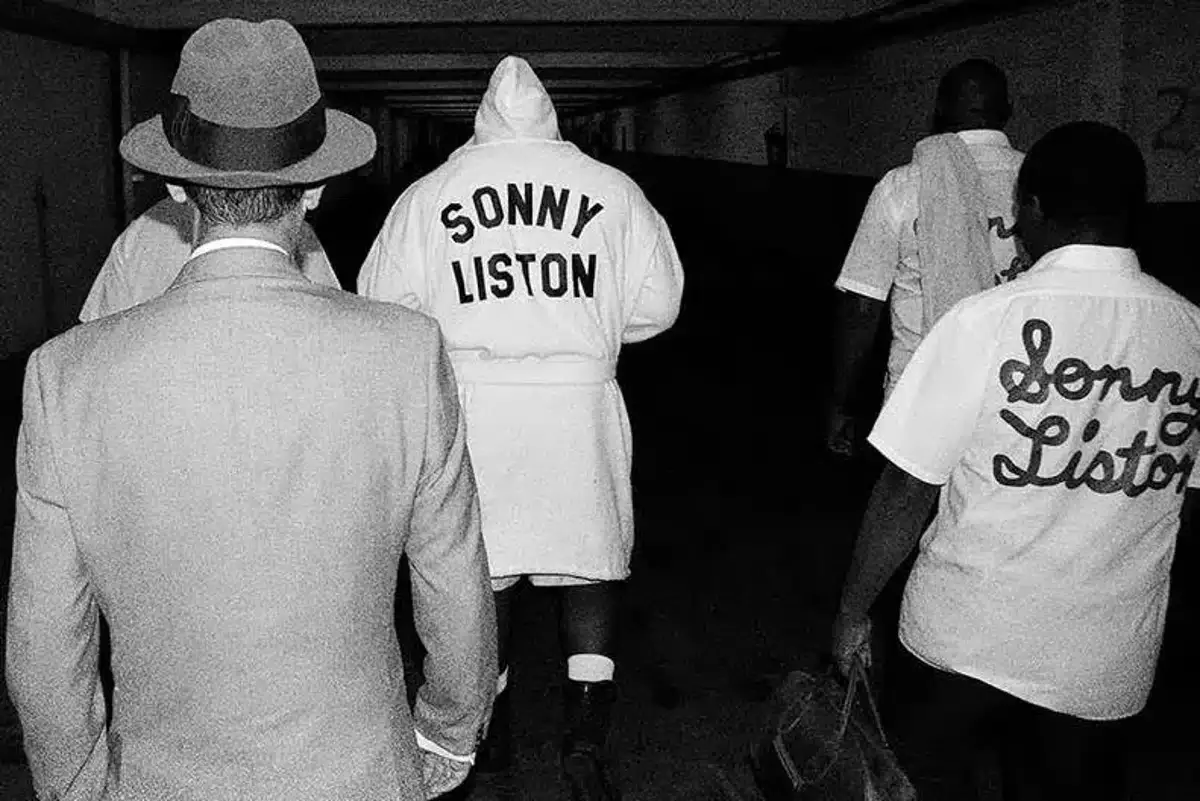Sonny Liston, the name evokes both admiration and contempt in the annals of boxing history. Beyond the jabs, hooks, and title defenses, Liston’s life off the canvas paints a starkly different picture that is often overlooked. Examining the events that unfolded in December 1964 offers insight into the struggles he faced, revealing the systemic issues that plagued not only Liston but also many others who fell victim to societal prejudice and misunderstanding.
Liston’s stint as heavyweight champion culminated in an abrupt end in February 1964 when he lost his title to the brash underdog Cassius Clay, later known as Muhammad Ali. This defeat was more than just a loss in the ring; it was emblematic of a broader shift in the boxing world, a shift that saw the emergence of a new breed of fighter who leveraged charisma and social activism. For Liston, once perceived as an unyielding champion, this marked the beginning of a downward spiral that would see him entangled in numerous legal troubles and public scrutiny.
The day that summed up his misfortunes was Christmas Day in 1964. Arrested in Denver under dubious circumstances, Liston’s encounter with law enforcement was anything but festive. Reports suggest that Liston, still reeling from his title loss and possibly under the influence of alcohol, was viewed as a nuisance rather than a human being struggling with the weight of his circumstances. Rather than receiving empathy or understanding, he faced a disproportionate response from law enforcement.
The encounter began when two officers observed a man stumbling through a parking lot. This man, later identified as Liston, entered his Cadillac and drove away in an erratic manner, prompting the police to pull him over. What followed was not a typical routine arrest; it escalated absurdly. In a surprising turn, ten officers found themselves attempting to subdue the former champion. The overwhelming display of force raised questions about the principles of justice and the biases at play, especially when dealing with an African American man in an era marked by racial tensions.
This incident encapsulates the frequent vilification Liston faced, echoing the sentiments of many who were marginalized during that period. Whether you agree or disagree with his behavior that evening, the fact that it took ten police officers to handle a 230-pound man who was reportedly inebriated suggests an aggressive and possibly prejudiced overreaction. An ordinary person in a similar situation might not have encountered the same level of force, underscoring the systemic issues within law enforcement interactions.
While Liston’s arrest became a media spectacle, it is crucial to remember that this was a man who had weathered many storms throughout his life. Described by those who knew him as intelligent, witty, and kindhearted, his life was marred by societal labels and misconceptions that often overshadowed his true essence. Even contemporary heavyweight champion Muhammad Ali, once his fiercest opponent, came to Liston’s defense, indicating that the incident was an unfair spectacle meant to punish rather than assist a troubled former champion.
Yet, Liston remained largely misunderstood and isolated. While he displayed vulnerability, the public persona projected onto him was that of the “bad guy”—a characterization that not only cloaked his complexities but also allowed society to distance itself from acknowledging and addressing the deeper issues he faced.
Ultimately, Sonny Liston’s life serves as a reflection on the broader societal themes of race, identity, and redemption. Despite his achievements in the boxing ring, his story is one marked by systemic challenges, personal demons, and an unyielding public narrative that afforded him little grace. His tragic death in the early 1970s, shrouded in mystery, symbolizes the culmination of a life lived in the shadows—not just of the boxing ring but of society itself.
In a world where narratives often focus on triumph and glory, the story of Sonny Liston is a stark reminder of the weight of our histories. It compels us to consider how society treats its champions when they falter and highlights the importance of understanding the humanity behind the headlines. As fans and historians reflect on Liston’s legacy, it is paramount to acknowledge his struggles, celebrating not merely his victories in the ring but also his attempts to navigate a world that rarely offered him a fair chance.

